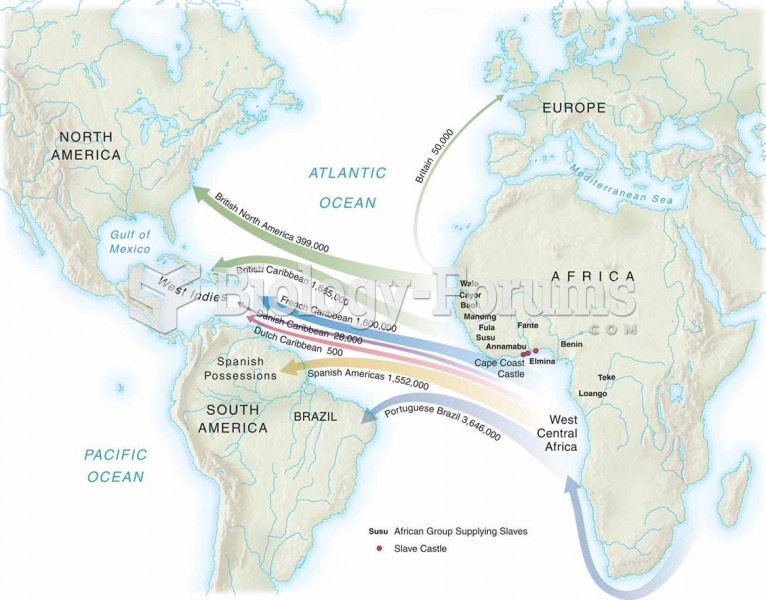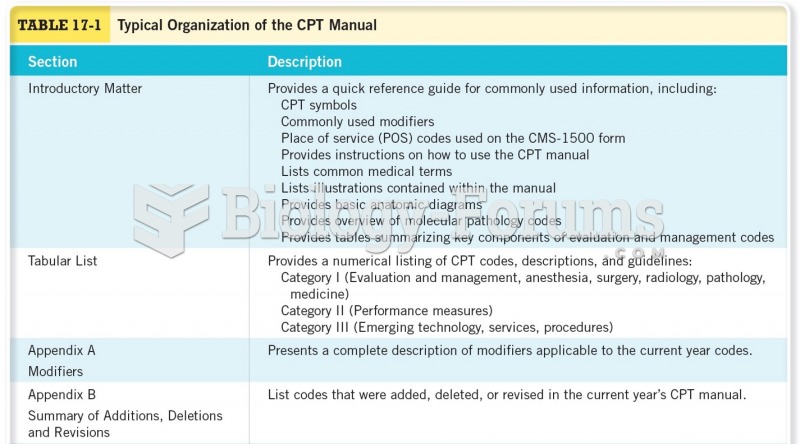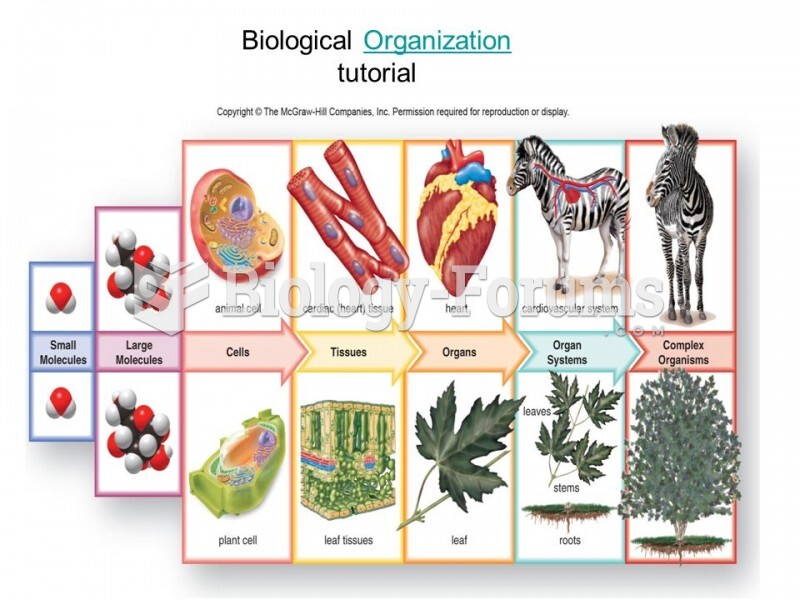Answer to Question 1
Answer: The World Trade Organization was set up in 1995 to promote international trade. It now represents about 97 percent of world trade since its establishment. Most of the world's large economies have joined the WTO with the notable exception of Russia. The organization's principal mission is to reduce barriers to trade and does this in three principal ways:
First, it reduces or eliminates restrictions on trade of manufactured goods, such as government subsidies of exports, quotas, and tariffs. This also includes elimination of restrictions on movement of international movement of money by banks, corporations, and wealthy individuals. Secondly, the WTO enforces agreements by ruling on whether a country has violated WTO agreements and has the authority to order remedies when a country has violated the agreements. Lastly, it works to protect intellectual property. It does this by hearing charges from individual corporations regarding copyright and patent infringement in other countries and can also order illegal copyright or patent activities to stop.
The WTO has been sharply attacked by critics. They charge that the WTO is antidemocratic because decisions are made behind closed doors and promote the interest of large corporations at the expense of the poor. Some also charge that the WTO infringes on the sovereignty of individual countries because it can order changes in taxes and laws that it considers unfair trading practices.
Answer to Question 2
Answer: Fair trade is a variation of the international trade model of development, in which products are made and traded following practices and standards that protect workers and small businesses in the developing countries. With fair trade, a higher percentage of the sale price goes back to the producers.
Because many farmers and artisans in developing countries are unable to borrow from banks, fair trade provides an opportunity to these small farmers and small business people to get access to funding. By banding together in fair trade cooperatives, they can get credit, reduce their raw material costs, and maintain higher and fairer prices for their products. These cooperatives are managed democratically, so farmers and artisans learn leadership and organizational skills. The people who grew or made the products have a say in how local resources are utilized and sold. Safe and healthy working conditions can be protected. Consumers in the developed countries are asked to pay slightly higher prices for the products, with the knowledge that the proceeds will be going back to support local artisans in poor countries.
Fair trade requires employers to pay workers fair wages. It also permits union organizing and complies with minimum environmental and safety standards.







